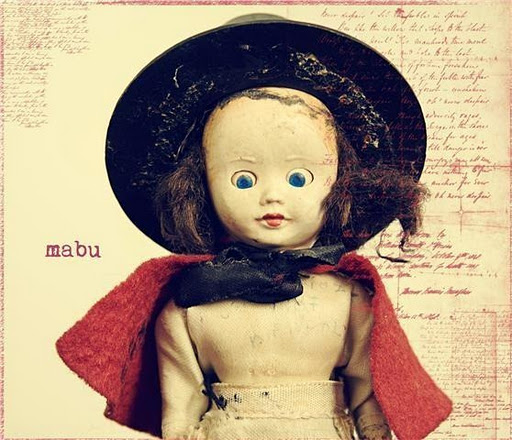
Mocedades had formed six years earlier, but it was not yet a well-known group. I appreciated the opportunity, but relatively, huh? Because I didn't particularly like the festival. Me before the awards, or being appointed to cut the ribbon to a train track, or things like that, I do not show emotion, but even for myself. I lived the news with fear, with surprise. I imagine they promoted it with Spanish Television. Some director of our record company at the time, Zafiro, was the one who called us to tell us.

I appreciate it very much, but I do not give it importance.How do you remember the moment in which you were informed of your choice? I wasn't a Eurovision fan. It is the author, the melody, all of us who take part in that. Oops, please! To me those things give me as a dentera. And you say: and why is this? 'Eres tú' is considered the best song we have sent to the festival. It's one of those things that happen to you in life, that surprise you. Let me, Amaya, tell you that for a Eurofan like the one who signs this is a joyful anniversary. Half a century of 'It's you' in Eurovision. We dive into memories, without having to fall into nostalgia, with its great protagonist, Amaya Uranga. That is why many doubted the almost personal bet made by the then director of TVE Luis Ángel de la Viuda by the then still quite unknown members of Mocedades to become our representatives in the XVIII edition of the Eurovision Song Contest that was held at the Nouveau Théâtre in Luxembourg. So, let's remember, we came from the historic victory of Massiel in 68, the quadruple triumph a year later including our Salomé, a fourth place in 1970 of a Julio Iglesias who Eurovision catapulted as our brightest global star, and another almost victory in 71 of the sweetest Karina. 10 years without Juan Carlos Calderón, the hidden genius of Spanish pop who conquered the worldġ0 years without Juan Carlos Calderón, the hidden genius of Spanish pop who conquered the world Three Mocedades tour Spain between accusations and crossed demands And in the Spain in which the Franco regime gave its last gasps, it seemed that the Festival had been caught quietly, with notable achievements to offer a better national image abroad. In the United Kingdom alone, more than 1973 million admissions were recorded in 21.Īlthough the thing was about peace and European twinning, the participating countries were eager to win, as if somehow the musical competition replaced war as the continuation of politics by other means, to paraphrase Clausewitz. To the unique showcase that represented for any artist to participate in the contest for its enormous international projection was added that television had already penetrated almost all the homes of the Old Continent, so the contest of the song created 18 years before to twin nations furrowed by the scars of World War II reached stratospheric audiences. In 1973 Eurovision was in its golden age. And the Uranga, Amaya, Izaskun and Roberto, along with Javier Garay, Carlos Zubiaga and José Ipiña -the six historical- continue on the podium for having interpreted the best song that our country has sent to the contest in its history, nothing less than Eres tú, that musical monument of Juan Carlos Calderón embedded in the sentimental memory of no one knows how many generations. The second place reached by the Bilbao sextet knew then and continues to taste today to authentic victory. This Friday, April 7, marks the 50th anniversary of Mocedades' participation in the Eurovision Song Contest. Amaya performed from a wheelchair in 2011 after breaking her femur.CARLOS GARCÍA POZO (GRAPHIC Thursday,6April2023-00:06 She has also appeared as herself many times on Spanish-language television shows. In the mid-1990s, Uranga joined a new band called El Consorcio.

Uranga left Mocedades in 1984 to pursue a solo career, although she failed to surpass her success in Mocedades. She was lead singer on many of Mocedades' most successful songs, such as the international smash hit "Eres Tú" and "Tómame o Déjame." Solo career After numerous group changes, Uranga together with her sister Izaskun, her brother Roberto, and three other male members became the so-called "historic six" members of Mocedades who came second in the 1973 Eurovision Song Contest with the song " Eres Tú", and the band subsequently launched a hugely successful music career in Spain and Latin America. Uranga formed Mocedades in 1969 with eight members. She is a cousin of director Pablo Berger. Amaya Uranga Amezaga (born 18 February 1947) is a Spanish singer from Bilbao, best known for the 15 years she spent as a member of the Basque folk/pop sextet Mocedades.


 0 kommentar(er)
0 kommentar(er)
